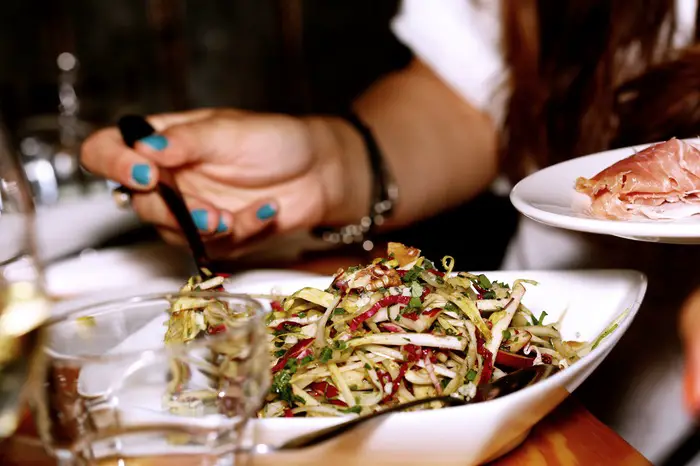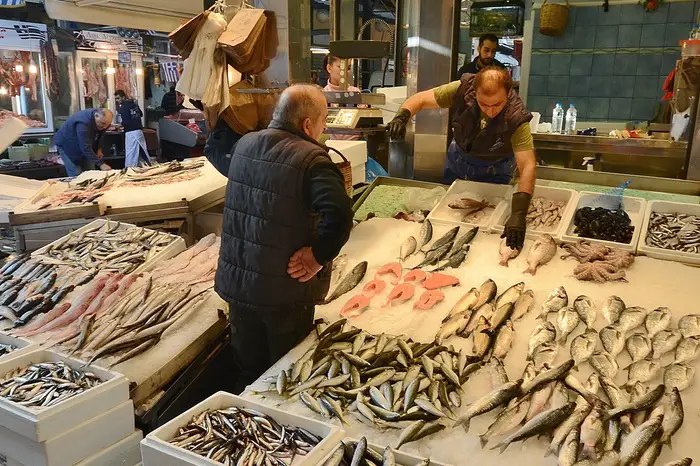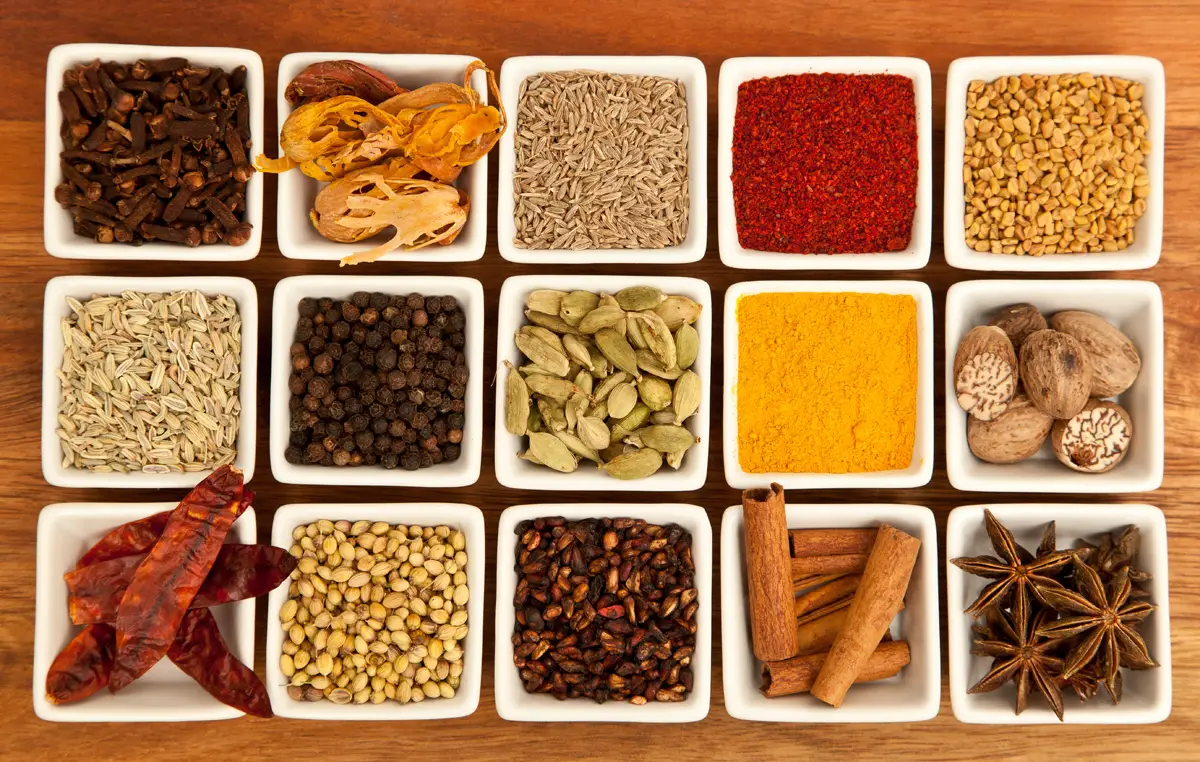Working as a freelance writer sometimes means writing extensively on topics you have little passion for, but it doesn’t have to be that way. Instead, many writers have parlayed a special talent or interest into a nice stream of income. This kind of transformation is ideal for individuals like musicians who work part-time writing about the industry, for athletes, and for people who love cooking or baking.
7 Important Lessons Freelance Writers Can Learn from Working in Fast Food
If you’ve got a knack for kitchen experiments or if you have discerning taste buds, there may be a writing career in it for you. Here are a few ways you can break into food writing by taking advantage of the culinary skills you already have.
Tips on how to become a freelance food writer
Write Reviews
There are several kinds of reviews you can write in the food world, from write-ups about new restaurants or dishes by a famous chef to recipes designed for the home kitchen. Can you really do that quick pork braise in your pressure cooker or should you stick to traditional methods? Inquiring minds want to know but may not trust traditional recipe testers who often have culinary degrees and have skills the “ordinary” person doesn’t. No, they want to hear it from a home cook.
Some foodies also like to review cookware, and if you position yourself correctly, you might also get some free kitchen tools out of the process. The greatest challenge in reviewing kitchen equipment is learning the language.
Plenty of food writers can tell you what brand makes their favorite frying pan or baking sheets, but can you explain what it means for equipment to be PFOA-free or have a ceramic coating? The technical lingo can be challenging, but for some food writers, it’s worth learning.
Cultivate Expertise
Cooking at home is great, and while you might make some headway writing about your culinary adventures with your kids or similar domestic topics, really breaking into the food writing world often means picking up work elsewhere in the food industry. Whether you’re working in a candy factory or you’re out on the docks with local fishermen, publishers find this hands-on experience to be a great asset when they’re choosing writers.
If getting some industry experience doesn’t sound appealing to you, there are other skills that can complement your culinary knowledge. Being a great photographer and practicing the challenging task of shooting food is vital if you’re freelancing as a food writer because you won’t have a staff photographer to capture your stories.
As any food stylist will tell you, getting a great picture of that roast squab and turnips isn’t easy and “fussy” food like ice cream presents an even greater challenge. Read articles by food stylists and learn their expert tips for making food look great, then try to replicate it. You’ll be a more appealing food writer if you can handle the additional task of photographing food.
Become A Recipe Hacker
Actually making and selling food for a living is highly regulated and the rules vary from state to state, but as long as you keep your culinary projects close to home you should be able to steer clear of trouble.
That’s okay because you want to be a food writer and not a personal caterer, but going beyond reviewing restaurants and recipes is better since you can offer unique hacks to your readers. Hacks they can’t find elsewhere.
Try creating vegan or gluten-free versions of your favorite baked goods. Or reinvent peanut-heavy recipes for those with nut allergies. Reshaping recipes for specific audience needs, especially when it comes to the delicate world of baking, is a challenging task and niche publications may be eager to hire experimental, yet experienced recipe hackers.
Prepare For Competition
The food writing world has gotten especially competitive and many of the lucrative magazine jobs and features of years past have fallen by the wayside with the rise of online publications. This makes it especially important that you do your homework before embarking on a food writing adventure. Look into rates, know your audience, and at the end of the day, make sure that the challenges of making it as a food writer don’t take away from your love of food.





Leave a Reply